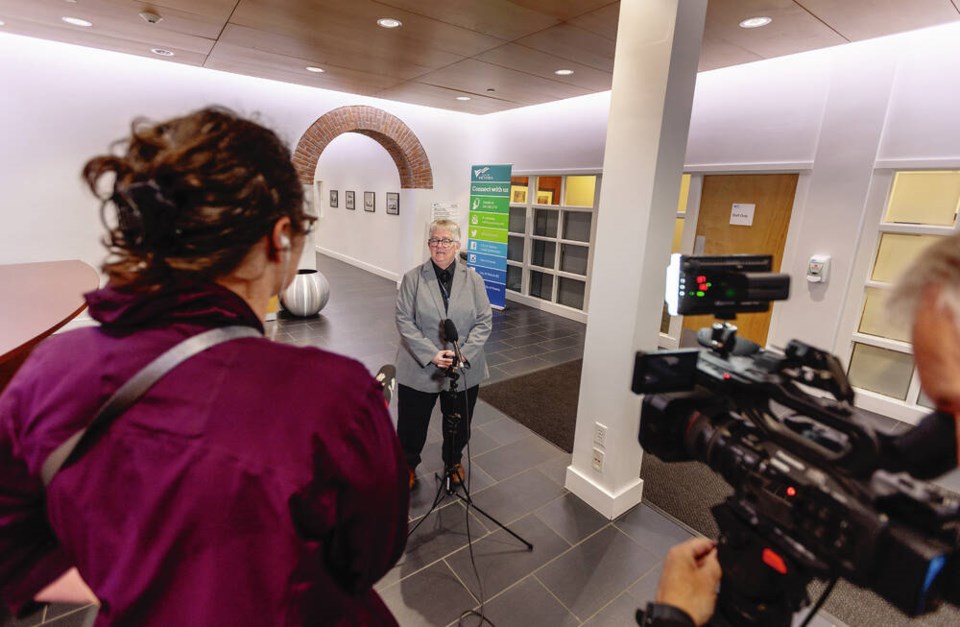The mayor of Victoria believes city council has struck the right balance between maintaining core services, addressing the priorities of a new council and minimizing the burden on taxpayers with its 2023 budget.
Adopted this week, the $300-million operating budget, and capital budget of $180 million, is meant to support the economy, invest across the city and focus on the community’s priorities.
Marianne Alto said all of that has to be juggled with a backdrop of inflation and the rising cost of living.
“What we’re trying to do is make sure that we have adequate resources to provide the core services because those are the things that everyone relies on, but also to be able to mix in a little bit of some of the new council’s priorities or at least foreshadow it anyway,” she said.
Alto said given the economic climate, council may have taken a more critical look at spending in order to keep the tax increase this year within the range of inflation.
In the end, the city will see a 6.15 per cent increase in taxes for residents and businesses, while major industry will face a 37 per cent increase in property taxes and light industrial properties face a 22 per cent rise.
The tax bill for the average residential property, with an assessed value of $1.05 million, is expected to increase $172 this year, while businesses with an average assessed value of $714,000 face an extra $445 in taxes.
Alto characterized the increases as moderate though difficult.
“It was all about finding balance. You want to focus on the things that you know are important to people,” she said with a nod to development processes, safety, policing, transportation and parks. “But you also want to be able to ensure that you have enough of a resource to look at some of the newer priorities.”
That means more attention to climate adaptation measures and housing.
The budget provides $3.9 million for public EV charging infrastructure and $15.4 million to replace aging service vehicles and heavy equipment and advance the city’s low-carbon fleet to meet greenhouse-gas emission reduction targets.
The spending includes:
• $3.1 million for city-wide and area-based planning, housing, development approvals, climate action, urban design, heritage, social planning and equity, and tenant assistance.
• $22.1 million for multi-modal corridor improvements to support road safety, walking, cycling, transit, liveability and accessibility.
• $2.1 million to renew aging park infrastructure like washrooms, fencing, irrigation, furniture, signage, pathways, lighting and drinking fountains.
• $1.8 million to restart the Crystal Pool replacement project.
• Nearly $1 million to be invested in a downtown revitalization program.
• $46.2 million to rehabilitate Victoria’s underground infrastructure.
• $11.7 million for road restoration and rehabilitation.
>>> To comment on this article, write a letter to the editor: [email protected]



